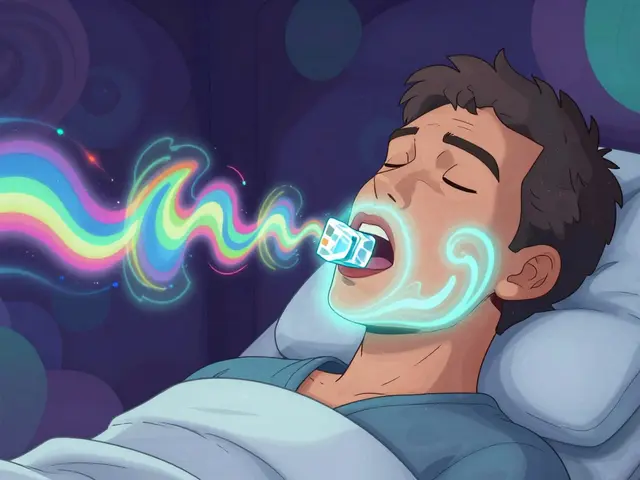
Menopause: What to Expect and How to Feel Your Best
Going through menopause can feel like an unexpected roller‑coaster. Hot flashes, night sweats, mood swings, and sleep problems show up out of nowhere, and it’s easy to wonder what’s normal and what needs help. This guide gives you straight‑forward answers and practical steps so you can manage symptoms without the guesswork.
Typical Symptoms and Why They Happen
When the ovaries stop making estrogen, your body reacts in a few predictable ways. Hot flashes are the most famous sign – a sudden wave of heat that can last seconds or minutes. Many women also notice night sweats that interrupt sleep, causing fatigue the next day. Mood changes, from irritability to low mood, are linked to fluctuating hormone levels. You might also see vaginal dryness, lower libido, and occasional memory fog.
All of these symptoms are caused by the same thing: less estrogen reaching the brain, blood vessels, and other tissues. The intensity varies a lot – some women breeze through, while others need extra support.
Safe Treatment Options
First‑line treatment is usually lifestyle tweaks. Dress in layers, keep the bedroom cool, and use a fan during hot flashes. Regular exercise helps with mood and weight control, and it can lower the frequency of night sweats. Cutting caffeine, alcohol, and spicy foods can also reduce flare‑ups.
If symptoms stay tough, hormone replacement therapy (HRT) is a common, evidence‑based choice. Low‑dose estrogen, sometimes combined with progesterone, can calm hot flashes and protect bone health. Talk to your GP about the benefits and risks – HRT isn’t for everyone, especially if you have a history of blood clots or certain cancers.
Non‑hormonal options include certain antidepressants (like SSRIs), gabapentin, and clonidine, which have been shown to lessen hot flashes. Over‑the‑counter supplements such as black cohosh, red clover, and soy isoflavones get mixed reviews; some women feel relief, but talk to a pharmacist before starting them.
For bone health, calcium (1,000 mg) and vitamin D (800–1,000 IU) are essential. If you’re low on vitamin D, a simple blood test can confirm it and your doctor can prescribe a supplement.
Lastly, keep an eye on mental health. Talking therapies, mindfulness apps, or a supportive friend group can lower anxiety and improve sleep quality.
Menopause is a phase, not a disease. With the right mix of lifestyle changes, medical options, and supportive habits, you can stay active, comfortable, and confident as your body adjusts.
-
4 Sep






